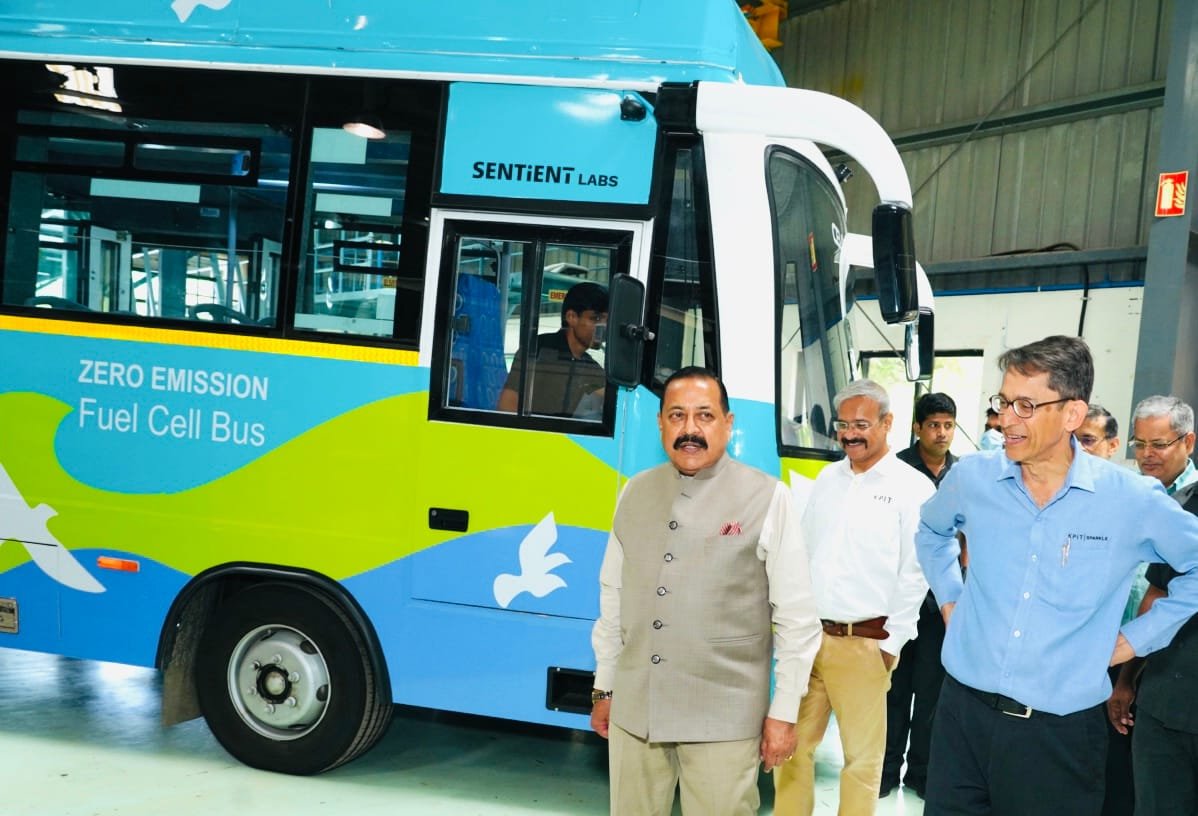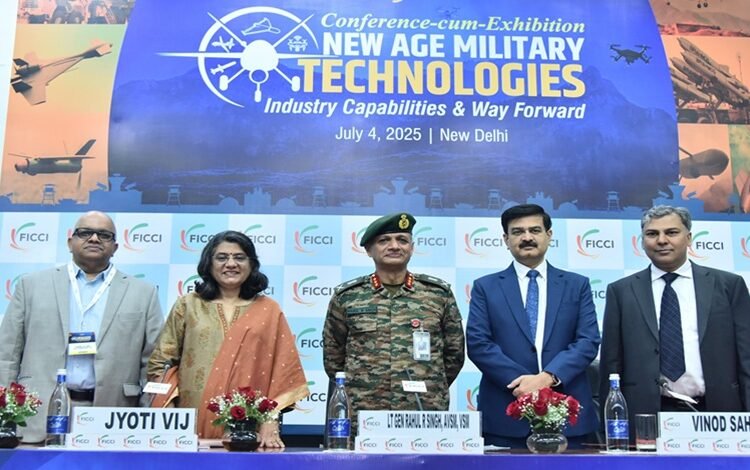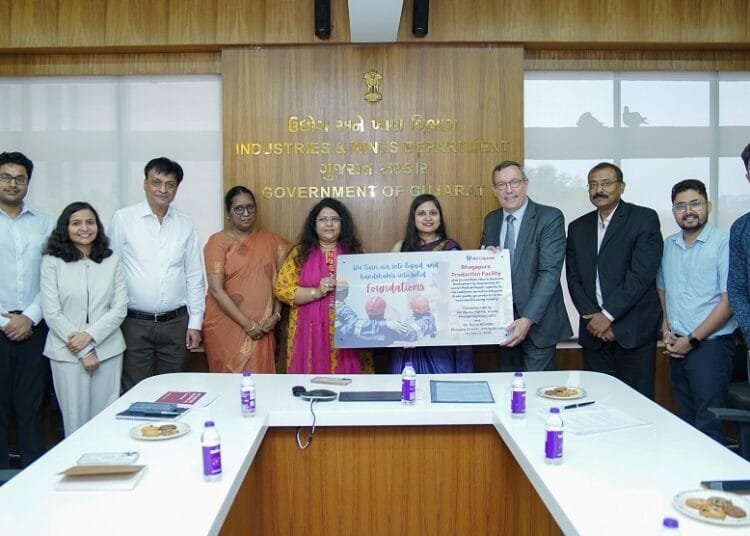India’s first truly indigenously developed Hydrogen Fuel Cell Bus launched
Minister of State for Science & Technology as well as Atomic Energy and Space, Dr Jitendra Singh has called for domestic production of Bisphenol-A (BPA), an important feedstock for the production of epoxy resins, polycarbonate and other engineering plastics.
Making the call during inauguration of BPA pilot plant at CSIR-NCL, he said domestic production of BPA should help replace the current 135,000 tons imports to meet domestic demand from plastics engineering industry.
The Minister hoped that CSIR-NCL’s technology will enable import substitution of this important raw material for the country.
The pilot plant at Council of Scientific and Industrial Research (CSIR)-National Chemical Laboratory (NCL) has successfully demonstrated novel process, he added on 21 Aug 2022.
The uniqueness of the process developed by CSIR-NCL is a novel downstream process technology, which makes this indigenous technology competitive with global benchmarks. The process is ready for technology transfer and further co-development to commercial scale.
He noted that global market for Bisphenol-A (BPA) is projected to reach 7.1 million tons by 2027, growing at a CAGR of 2% over 2020-2027.
Dr Jitendra Singh also launched on 21 Aug 2022 India’s first truly indigenously developed Hydrogen Fuel Cell Bus developed by KPIT-CSIR in Pune.
He underlined the importance of Hydrogen Vision for affordable and accessible clean energy, meeting climate change goals and creating new entrepreneurs as well as jobs.
Green hydrogen is an excellent clean energy that enables deep decarbonization of difficult-to-abate emissions from the refining industry, fertiliser industry, steel industry, cement industry and also from the heavy commercial transportation sector, he elaborated.
The Minister informed that the fuel cell utilizes Hydrogen and Air to generate electricity to power the bus. The only effluent from the bus is water, therefore making it possibly the most environmentally friendly mode of transportation.
For comparison, a single diesel bus plying on long distance routes typically emits 100 tons of CO2 annually, and there are over a million such buses in India.
The high efficiency of fuel cell vehicles and the high energy density of hydrogen ensures that the operational costs in rupees per kilometre for fuel cell trucks and buses are lower than diesel powered vehicles and this can bring freight revolution in India, he pointed out.
Moreover, Fuel Cell vehicles also give zero green-house gas emissions, he added.
The Minister lauded the joint development efforts of KPIT and CSIR-NCL and pointed out that the technology prowess of Indian scientists and engineers is no less than the best in the world and also at much lower costs.
Dr Jitendra Singh explained that about 12-14% CO2 emissions and particulate emissions come from diesel powered heavy commercial vehicles and these are decentralised emissions and hence difficult to capture.
The Minister said that Hydrogen-fuelled vehicles provide an excellent means to eliminate the on-road emissions from this sector.
KPIT accelerates clients’ implementation of next-generation technologies for the future mobility roadmap through engineering centers in Europe, the USA, Japan, China, Thailand and India. fiinews.com










